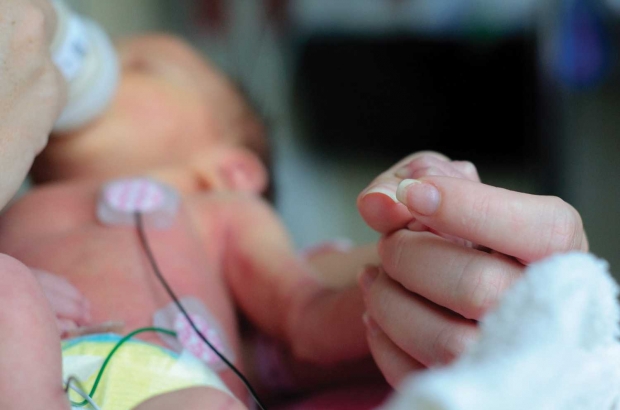- Daily & Weekly newsletters
- Buy & download The Bulletin
- Comment on our articles
Four Belgian hospitals have breast milk banks, but lack regulation
There are four hospitals in Belgium with their own human breast milk bank, but due to a lack of regulatory framework, the banks have no clear best practice guidelines, writes Knack. While Belgium's Superior Health Council (SHC) is working on a legal framework for the banks, it still could be a long time before it comes up with a general directive, as the council relies on a consensus, and scientific opinions on the issue are divided.
Belgium's four breast milk banks are connected to the neonatology departments of the Erasmus University Hospital in Brussels, the University Hospital Queen Fabiola in Brussels, the St. Vincent Hospital in Rocourt in Liège and the Citadelle hospital in Liège. The in-hospital banks supply breast milk to babies in neonatal intensive care units, especially vulnerable babies who are ill or underweight.
"We are convinced that breast milk is the best food for the newborn child," says Professor Bart Van Overmeire, head of the neonatology department at Brussels' Erasmus University Hospital. “But because it is not always possible for some mothers to breastfeed – perhaps due to the medications they are taking, or an illness they have – the breast milk bank offers a solution by offering high-quality milk. Some mothers take the offer, while others choose not to. That is their right.”
“The procedure is similar to a blood donation," Van Overmeire explains. "Mothers who have plenty of milk can express and donate it, and then the milk is frozen. We know the donors, and therefore we also know that the milk is safe and properly stored.”
The banks do not accept milk from external providers, because of uncertainty around the conditions of its donation and transport. “We would not be against it, if there were a uniform policy in place to impose safety guidelines or rules,” says Van Overmeire. “But that's a matter for the SHC.”



















